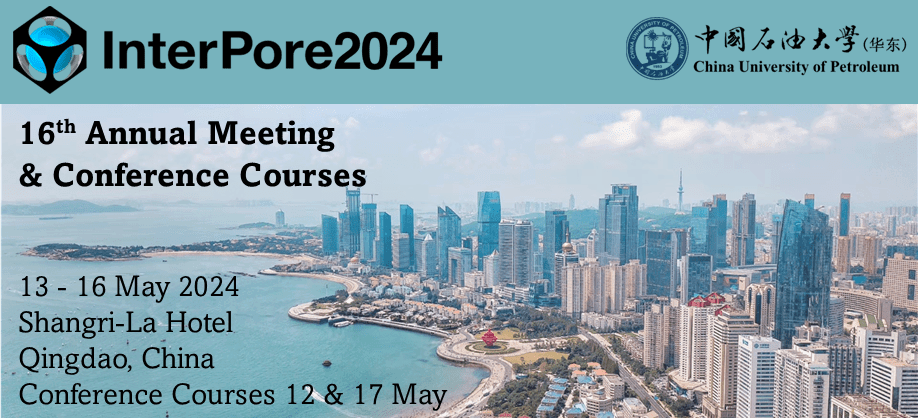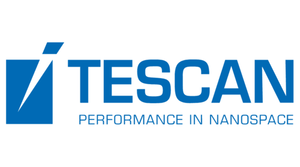Speaker
Description
Channelized reservoirs, formed by ancient river sands, play a crucial role in oil and gas reservoirs. Their subsurface nature, however, poses significant challenges in direct visualization and characterization. This paper presents a novel approach to model these reservoirs by applying Q-learning, a machine learning technique. We redefine the reservoir modeling problem within a Q-learning framework, where well locations form the state space, and the reward mechanism differentiates between channel and non-channel wells. Our method utilizes the adaptive learning ability of Q-learning to predict the channel path, aiming to maximize the cumulative reward of identifying channel wells while minimizing traversal through non-channel wells. We extend our study by conducting multiple simulations and applying the results to porous media flow field simulation, which serves to test geological uncertainties. This not only provides a deeper understanding of channelized reservoirs but also showcases the potential of machine learning techniques in analyzing large datasets for geological exploration and characterization. Comparative results with traditional stochastic walk algorithms affirm the effectiveness and accuracy of our approach, offering new insights into the modeling of porous media.
| Country | China |
|---|---|
| Conference Proceedings | I am interested in having my paper published in the proceedings. |
| Student Awards | I would like to submit this presentation into both awards |
| Acceptance of the Terms & Conditions | Click here to agree |




.jpg)
